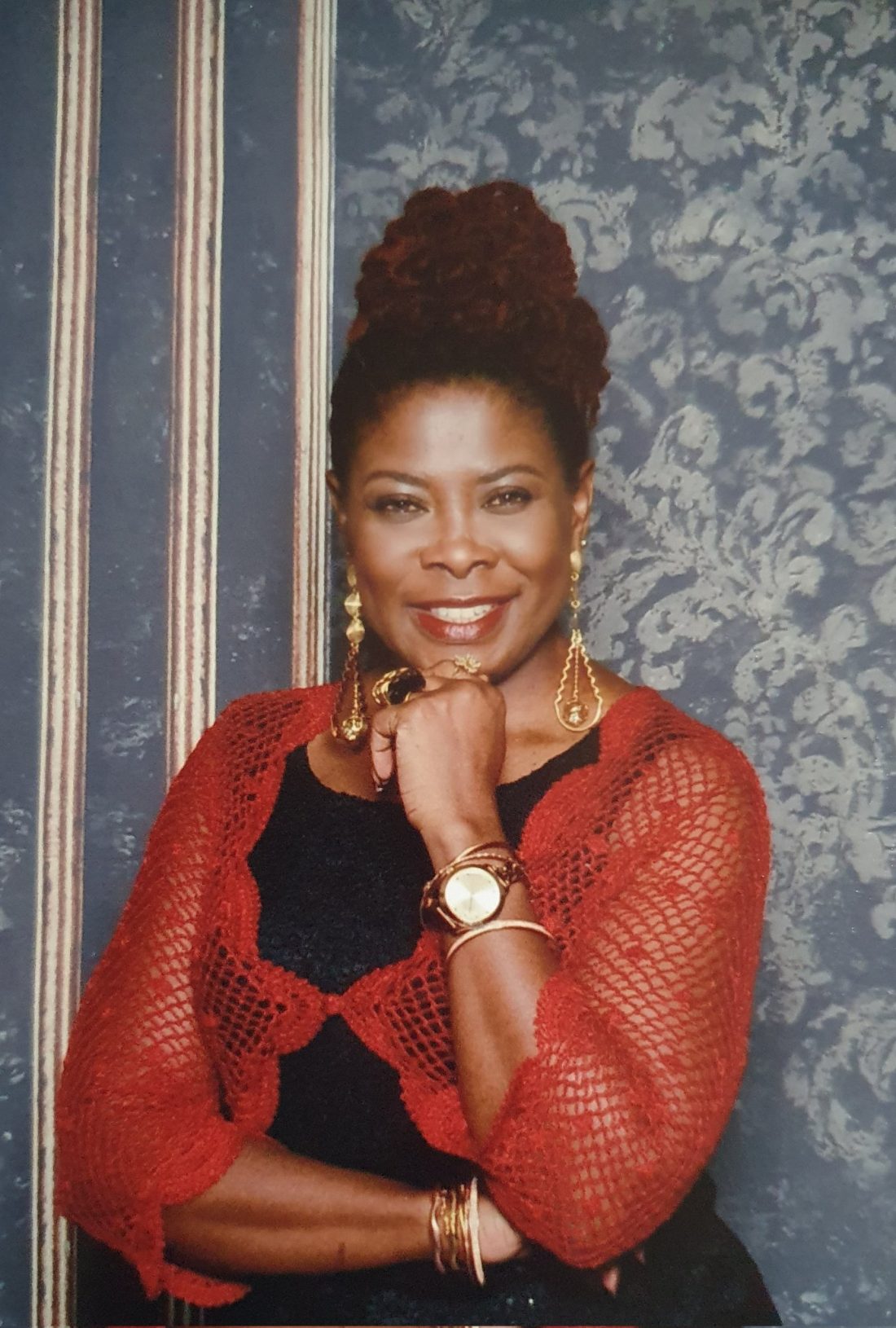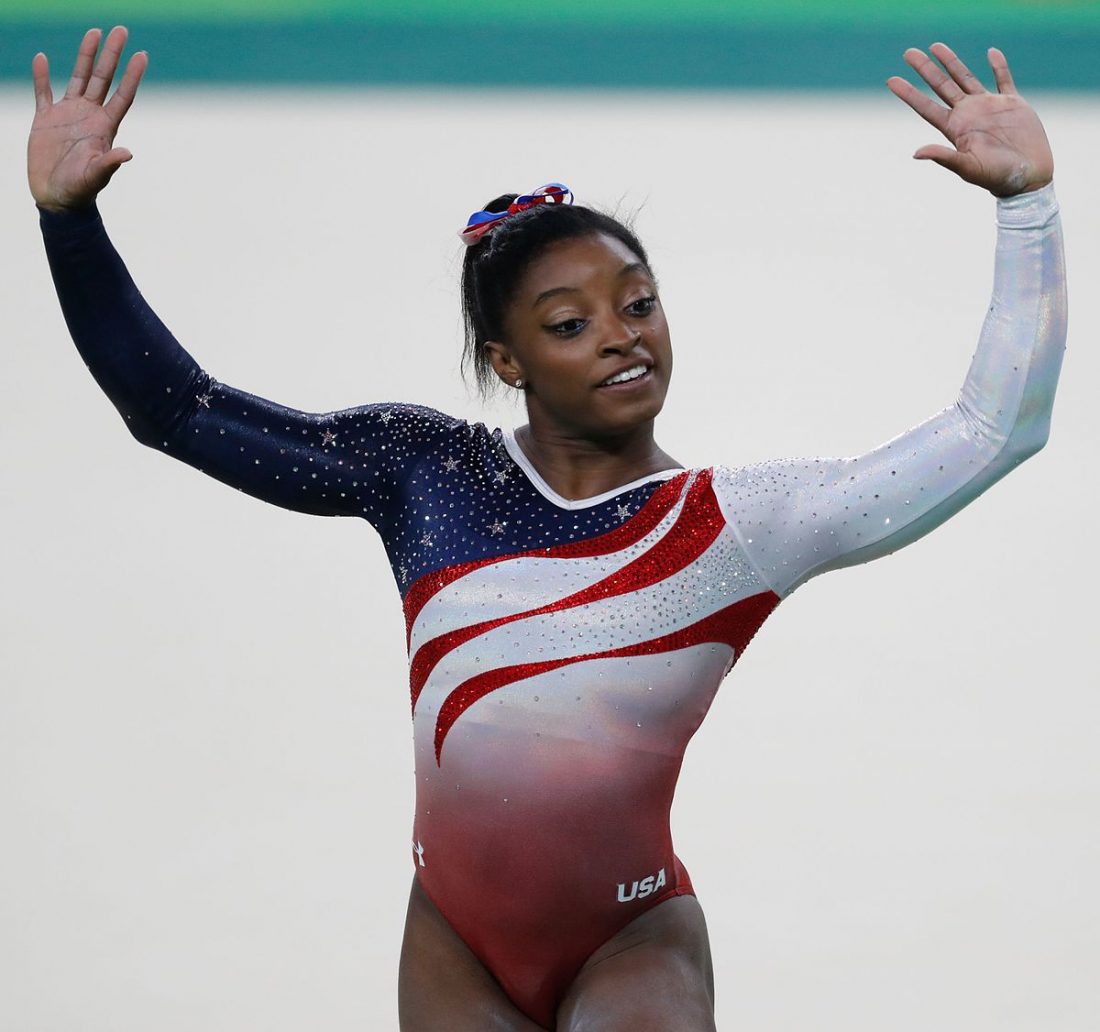Leading psychologist, Dr Ranti Lawumi applauds the recent actions of Black elite athletes highlighting the mental health toll living while Black takes and encourages more of us to do the same.
In an exclusive interview with Melan Magazine, Dr Ranti Lawumi, a psychologist specialising on the intersection between race and mental health, called for the discussion around the effects of racism on Black people’s mental health to be a steady fixture on the national agenda and not just as a trend in the three-day news cycle.

Applauding the position taken by four-time Grand Slam singles champion Naomi Osaka to withdraw from post-match media interviews and subsequently the tournament, Dr Lawumi told Melan Magazine: “Thanks to Naomi Osaka, and now Simone Biles, [good] mental health and the wellbeing of Black people has been a recurring topic. It may still be an uncomfortable conversation for all sorts of reasons, but that does not mean it is not a conversation worth having. It needs to be kept permanently on the agenda until we all get comfortable with having it. The more we talk about [good] mental health, the more we destigmatize our thinking about mental health issues such as depression, anxiety, social anxiety, performance anxiety and all other forms of anxiety.”
This book will help you learn how to thrive if you are ‘Living While Black’
Much has been made of the psychological toll of living while Black through the COVID-19 pandemic, not least of which is how it has changed the world of work for the foreseeable future. In fact, a recent study has revealed that while some consider the most dangerous effects of the pandemic to be in our rear view, the reluctance to return to work in a physical office is highest in the UK. The study, conducted by HR software company Personio, revealed that: “UK employees were found to be the most reluctant to return to the office, with only one in three returning to the office at least part-time, compared to 59% of those across Europe. The survey findings prompt questions about a possible disconnect between employees’ aspirations to split their time between working from home and office and widespread employer ambitions for staff to wend their way back to the office.”

Image credit: Andrew Henkelman
It goes without saying that the mental health component of the “back to work” dilemma – among responsible employers anyway – will weigh heavily in the minds of the decision-makers. For Black employees however, Dr Lawumi believes the overarching pressure is the reminder that: “… you are representing your race”, an awareness that begins long before they set foot in an office. “Young people do not exist outside of society, and they get the message loud and clear about difference, and the need to be as near perfect as possible as a Black person in order to be accepted by white society. Young Black people also imbibe many of the destructive expectations that society places on our shoulders as adult Black professionals – i.e ‘Black people are strong’, [and] Black people ‘do not crack’.
When are we going to talk about the hidden roots of poor Black mental health?
Anecdotally, many Black people who have been working remotely, quietly admitted to being relieved of the pressures of being in the physical office where racial insensitivity and racial microaggressions can make for a stressful workplace above and beyond the work itself. For many, this is just another day living while Black. However, another report suggests that even working remotely throws up another layer of psychological work for Black employees that, over time, can wear on the nerves and erode the sense of safety all employees should feel. A sense of safety white employees are more likely to be able to take for granted. It also brings into question the degree to which Black professionals feel they can be their entire selves, even on a zoom call.
How “mentally friendly” are you at work?
It suggests: “Many employees have had to navigate the challenges of the transition to remote work, but workers with marginalised identities bear the added burden of managing how their colleagues perceive their personal spaces, which have unavoidably entered into view. In the past, home may have been a refuge, where self-expression wasn’t compromised. But with colleagues entering that space, there’s a new layer of emotional labour since it becomes more difficult to turn off code-switching; rather than checking certain traits at the office door, it could mean checking an entire lifestyle. Some have reported changing the way they code switch during remote work because they feel they’re on display in a more intimate, holistic way.”

Image credit: (Fernando Frazão/Agência Brasil)
While the topic affects almost every aspect of “living while Black”, there have been recent clear examples that the field of play is often where the worst of these anxieties and prejudices are played out. While there has been considerable pushback from high profile sports stars and celebrities, Black people in Britain (Black football fans in particular) went into a state of terrified anticipation when the three deciding penalties in the Euro 2020 final defeat by Italy were all missed by Black players. The vitriolic racist reactions in some sections of social and mainstream media proved they were right to be fearful.
During the interview, Dr Lawumi seamlessly made the link between the mental toll of living while Black and traversing mainstream spaces (often predominantly white and wealthy) while Black and poor physical health. This has a direct toll on physical good health whether one is an athlete or not. “Ordinary Black people feel like they are on duty from the minute they set foot outside of their house. [So] At the very least you will have constant cortisol levels putting your body on red alert at all times. Imagine what this does to your body, and not being able to say ‘I am not feeling 100 percent’.”
In a clear demonstration that none of us is immune, Dr Lawumi drew on personal experiences to demonstrate that the instinctive protection society is expected to cloak young people and children in, still does not insulate Black children from the ravages of these racially charged prejudices and pressures. She said: “I started seeing young people for therapy telling me that they do not feel able to complain about bad behavior, point out microaggressions, things not being right, or ask for help because they are Black, and they do not want to be seen as troublesome, look weak, or be bad team players.”
The reason why the prognosis is often bad medicine in Black women’s health
The wellbeing specialist closed our interview with a fervent reiteration that: “The stigma of [poor] mental health has got to be removed, so that it gains parity of esteem with physical injuries […] Schools, clubs and such organisations owe a duty of care to these talented people so that they do not bear the burden of anxiety, depression, racial abuse and microaggressions alone. I applaud Naomi Osaka and more recently Simone Biles for stepping up and openly acknowledging that Black ‘can and will crack’ if the pressure is too great. In their vulnerability lies their immense strength, they deserve both our support and our admiration.”
If you are affected by any of the issues in this story, we encourage you to contact any of the services listed here.
This article was written by Katrina Marshall












